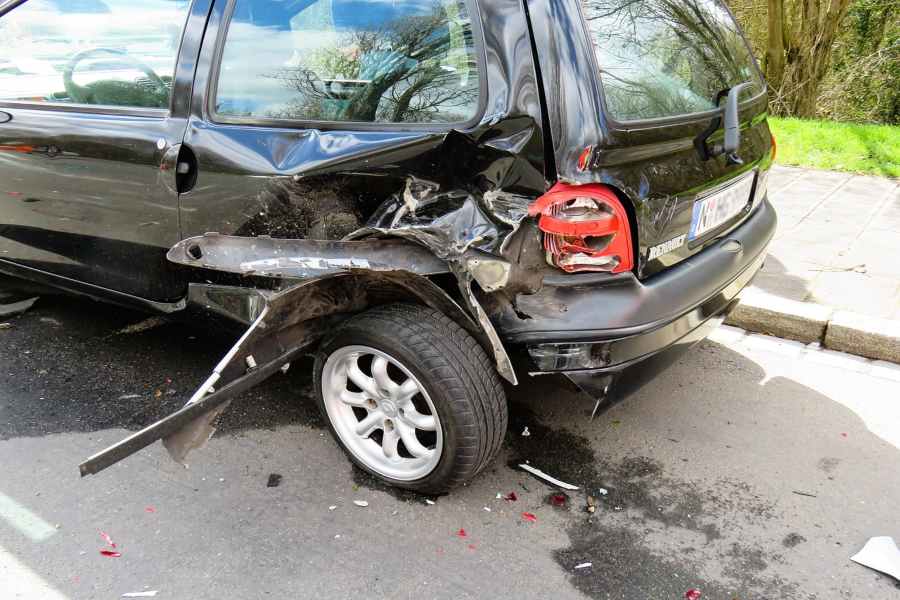Understanding the necessary actions following a car accident is crucial for ensuring safety and legal compliance. In Michigan, specific insurance laws and procedures require drivers to follow certain steps to protect their interests. This guide offers practical advice to help navigate the aftermath of a collision effectively.
Knowing what to do after a car accident is vital for all drivers, particularly in Michigan due to its unique no-fault insurance system. This system and the state’s legal requirements mean that taking the right steps can save time and stress. Ensuring personal safety and gathering accurate information are key components of the process. It’s also important to recognize when professional guidance might be needed, as this can affect your rights and potential compensation. If you find yourself overwhelmed, it might be time to get legal help after a car accident.
Prioritizing safety immediately after a car accident
Your first priority after a collision should be safety. Begin by assessing yourself and any passengers for injuries. If anyone is hurt, contact emergency services without delay. Even if injuries appear minor, having medical professionals evaluate the situation is advisable. Once everyone’s condition is confirmed, move vehicles out of traffic if it is safe to do so; this reduces further risks from oncoming traffic and makes the scene safer for emergency responders.
If vehicles cannot be moved safely, activate hazard lights and set up warning triangles if available. This alerts other drivers to the accident and helps prevent additional collisions. Staying calm is essential; panicking can escalate tensions or lead to poor decisions that might complicate later legal or insurance matters.
Checking for injuries and calling emergency services is not only about physical health—it’s also an essential step in legally documenting the incident. An official police report can be invaluable for insurance claims and potential legal proceedings. Therefore, contacting law enforcement is advised even in seemingly minor accidents.
Effectively documenting the accident scene
Thorough documentation of the accident scene can greatly influence future insurance claims or legal actions. Start by taking comprehensive photos of both vehicles, focusing on damages from multiple angles. Don’t forget to capture broader shots showing the scene’s context, like road conditions, traffic signals, or skid marks. These details can provide critical context in investigations.
Gathering witness information is equally important. If there are witnesses willing to provide statements, record their contact details and any statements they’re comfortable giving about what they observed. Witnesses can provide unbiased perspectives that might support your account of events during disputes or claims assessments.
Also, ensure you obtain a copy of the police report or at least know how to access it later; this report will often contain essential facts about the incident documented by an official source. This documentation serves as a foundation for any discussions with insurance companies or when deciding whether professional guidance might be necessary.
Navigating Michigan’s insurance protocols
Michigan operates under a no-fault insurance system, meaning each driver’s insurance covers their own losses regardless of who caused the accident. Understanding this system helps you manage expectations about coverage and claims processes post-accident. Notify your insurer promptly to begin processing your claim.
Your policy will detail specific benefits covered under no-fault insurance, including medical expenses, wage loss benefits, and damage repairs up to a certain limit. Familiarizing yourself with these aspects before an accident can aid smoother claim handling when needed. Notifying your insurer as soon as possible ensures compliance with policy requirements.
The no-fault system aims to reduce litigation by covering minor accidents through insurance rather than courts. However, this doesn’t eliminate legal recourse entirely; certain circumstances may still warrant seeking professional advice if serious injuries or extensive damages occur outside standard coverage limits.
When professional advice may be necessary
While many situations are resolved through insurance alone under Michigan’s no-fault system, some scenarios necessitate professional guidance. Serious injuries resulting in long-term impairment or significant property damage might not be fully covered under basic policies, requiring additional action.
Understanding your legal rights becomes crucial in these cases. Consulting with a lawyer experienced in Michigan’s auto laws can clarify your options and help determine if further action is warranted beyond standard insurance processes. This is particularly pertinent if fault is contested or there are discrepancies in witness accounts or evidence interpretation.
If you’re unsure about any aspect of your rights or responsibilities post-accident, seeking expert advice ensures you’re informed about all potential avenues for recourse or compensation beyond what standard protocols might offer. Taking these proactive steps ensures comprehensive protection of your interests.

